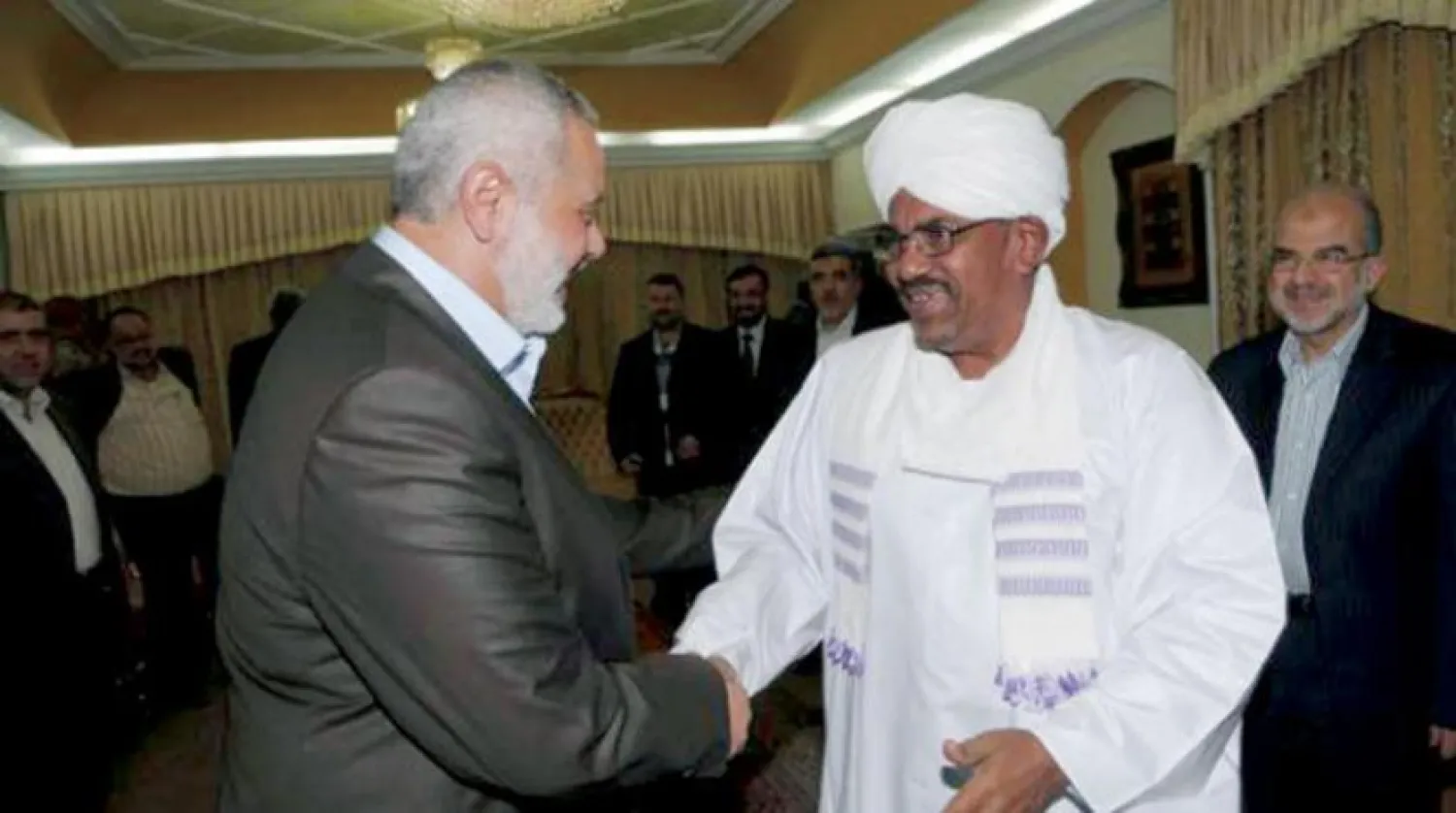Sudanese authorities have taken control of lucrative assets that for years provided backing for Hamas, shedding light on how the country served as a haven for the Palestinian militant group under former leader Omar al-Bashir.
The takeover of at least a dozen companies that officials say were linked to Hamas has helped accelerate Sudan's realignment with the West since Bashir's overthrow in 2019. Over the past year, Khartoum has won removal from the US state sponsors of terrorism (SST) list and is on course for relief of more than $50 billion in debt.
Hamas has lost a foreign base where members and supporters could live, raise money, and channel Iranian weapons and funds to the Gaza Strip, Sudanese and Palestinian analysts told Reuters.
Seized assets detailed by Sudanese official sources and a Western intelligence source show the reach of those networks.
According to officials from a task force set up to dismantle the Bashir regime, they include real estate, company shares, a hotel in a prime Khartoum location, an exchange bureau, a TV station, and more than a million acres of farmland.
Hamas investments in Sudan began with small-scale ventures such as fast food restaurants before venturing into real estate and construction, according to an official on the task force.
An example was Hassan and Alabed, which started as a cement company and expanded into large real estate developments.
The task force says it was in a network with about 10 other large companies with interlinking share ownership connected to Bashir ally Abdelbasit Hamza that moved large sums through foreign bank accounts.
The biggest was Alrowad Real Estate Development, established in 2007 and listed on Khartoum's stock exchange, with subsidiaries that the Western intelligence source said laundered money and traded in currency to finance Hamas.
Hamza was jailed in April for 10 years on corruption charges and sent to the Khartoum prison where Bashir is being held. The task force said he had assets worth up to $1.2 billion in his name. Hamza's lawyer, who also represents Bashir, could not be reached for comment.
A second network, worth up to $20 million, revolved around the broadcaster Tayba and an associated charity named Almishkat.
It was run by two Hamas members who got citizenship and amassed businesses and real estate, according to Maher Abouljokh, the caretaker brought in to manage Tayba.
Contacted by Reuters, Hamas official Sami Abu Zuhri denied the group had investments in Sudan, but acknowledged an impact from Sudan's political shift: "Unfortunately, there were several measures that weakened the presence of the movement (Hamas) in the country (Sudan) and limited political ties with it," he said.









